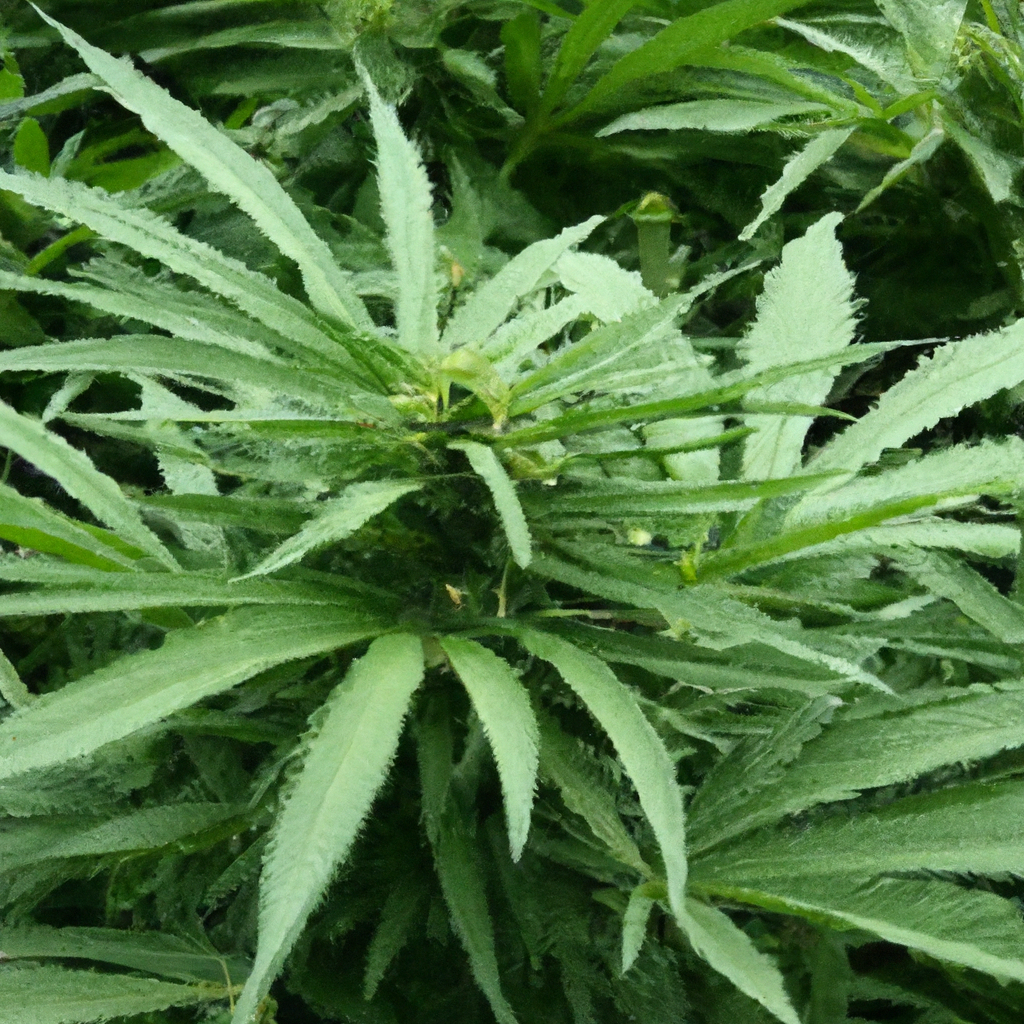Your cart is currently empty!
As the cannabis market continues to expand, many cultivators are turning to organic methods to produce high-quality, environmentally friendly products. Embracing organic cannabis cultivation not only benefits the environment but also offers consumers safer, more natural products. In this guide, we’ll explore sustainable practices that minimize synthetic chemical use and promote healthy ecosystems for thriving cannabis plants.
Building Rich, Organic Soil
A thriving organic garden starts with healthy soil. Organic cultivation emphasizes the vitality of the soil as a living ecosystem. This approach supports biodiversity and enhances the natural functions of soil organisms. Here are some tips to cultivate robust soil:
- Compost: Utilize homemade or purchased organic compost to improve soil structure, nutrient content, and microbial activity.
- Cover Crops and Crop Rotation: Implement cover crops to fix nitrogen in the soil and rotate crops to prevent nutrient depletion.
- Mulching: Apply a layer of mulch to retain moisture, regulate soil temperature, and deter weed growth.
Natural Fertilizers for Optimum Growth
Instead of relying on synthetic fertilizers, organic farming incorporates natural amendments that promote plant health without harmful chemical residues. Consider these organic options:
- Bone Meal and Fish Emulsion: Provide essential phosphorus and nitrogen to boost flower and fruit production.
- Worm Castings: Improve soil aeration and microbe concentration for better water retention and nutrient availability.
- Alfalfa Meal: Enhance plant growth with naturally occurring triacontanol hormones.
Eco-Friendly Pest Management
Maintaining a pest-free garden without synthetic pesticides is key to organic cannabis cultivation. Integrated Pest Management (IPM) strategies focus on balance between pest and predator populations and encourage resilient plants:
- Companion Planting: Utilize plants like marigolds and basil to repel pests naturally and attract beneficial insects.
- Diatomaceous Earth: Use this natural pest control to deter crawling insects by absorbing the oils and fats from their exoskeleton.
- Neem Oil: Act as an organic insecticide to manage infestations without harming beneficial insects.
The Benefits of Organic Cannabis
Transitioning to organic cultivation practices carries numerous advantages:
- Environmental Protection: Organic farming reduces water pollution, soil degradation, and pesticide runoff.
- Consumer Safety: Less chemical residue means cleaner cannabis for consumers, lowering health risks.
- Enhanced Flavor and Aroma: Organic methods often yield richer terpene profiles, enhancing the plant’s natural scents and flavors.
Conclusion
Organic cannabis cultivation not only supports the health of the planet but also delivers a superior product to consumers. By embracing sustainable practices like building healthy soil ecosystems, using natural fertilizers, and implementing eco-friendly pest control, cultivators can create a thriving and environmentally responsible cannabis operation. The transition to organic methods offers a win-win scenario: benefiting both growers and the world around us.
Tags: OrganicGrowing, CannabisCultivation, NaturalFertilizers, EcosystemBuilding, SustainablePractices
Discover more from Magic Clones
Subscribe to get the latest posts sent to your email.


Leave a Reply